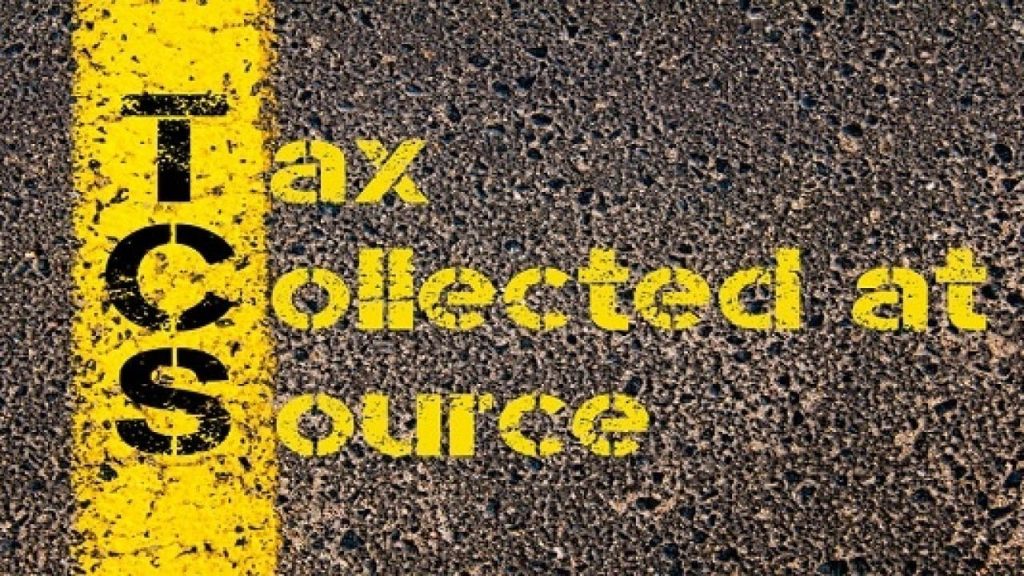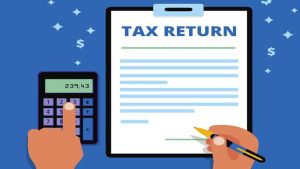The Indian Income Tax Act contains regulations for both the collection of taxes at source. In these provisions, specific individuals are needed to gather a specific portion of the tax on extraordinary transactions from their purchasers. Many of these purchases are of a commercial or business nature.
What is Tax collected at source?
The Tax collected at source (TCS) seems to be the tax payable by both the seller to the purchaser only at the time of sale. Section 206C of the Income Tax Act regulates goods by which the seller will have to collect the tax from the buyer.
Goods covered by the TCS provisions
Whenever the products described below are used for the production, processing or manufacture of goods, taxes really aren’t payable. Whether the same goods are used for trading purposes, tax is payable. The tax payable shall be supplied by the seller at the time of sale.

| Type of Goods | Rate |
| Alcoholic liquor, created for human intake. | 1% |
| Timber wood rented underneath the forest | 2.5% |
| Tendu leaves | 5% |
| Timber wood of any kind apart from forest rented | 2.5% |
| A forest produces leaves and wood apart from Tendu. | 2.5% |
| Scrap | 1% |
| Minerals like lignite, coal and iron ore | 1% |
| Bullion that surpasses Rs. 2 lakhs/Jewelry that surpasses Rs. 5 lakhs | 1% |
| Purchase of motor vehicle in excess of Rs. 10 Lakhs | 1% |
| Parking lot, Toll Plaza and Mining and Quarrying | 2% |
Classification of Buyer for TCS
A purchaser is a person who, as a person or a single entity, receives goods or even the ability to request goods by way of sale, tender, auction or other means. The foregoing are persons and organizations excluded from categorization as purchasers of tax collected at source:
- Public sector Entities or firms
- Central Government
- State Government
- Embassy of High Commission
- Consulate and Other Trade Representative of a foreign nation
- Clubs like sports clubs and social clubs
Classification of Seller for TCS
The accompanyings is persons and organizations categorized as tax collected at source:
- Central Government
- State Government
- Local authorities
- Statutory Corporation or Authority
- Company
- Partnership firms
- Cooperative Society
Any person/HUF having total sales/gross receipts that surpass the given monetary limits as referred to in Section 44AB during the last year.
Tax Collected at Source Exemptions
There really are 2 types of exemptions, including the lower-rated TCS as well as the total tax exemption collected at source:
TCS at a lower rate: the purchaser has a provision to implement to the Assessing Officer or AO for the collection of the source tax at a lower rate, with both the assistance of Form 13, on the situation that perhaps the AO is satisfied that the overall income of the purchaser is justified at a lower rate. The AO may also issue a certificate with such a lower rate of tax collection at the source.
Total Tax Exemption: The purchaser must state in Form 27C that he really is eligible for a total exemption from the payment of TCS. The declaration must clearly state and demonstrate that perhaps the goods which have been declared are meant for processing and manufacturing purposes, not for trading reasons. A duplicate version of the declaration form must also be provided to the person or entity collecting the tax, during which the collector must publish the declaration form to the relevant authorities in one week of the preceding day.
For more helpful resource – Read Income Tax Blog



